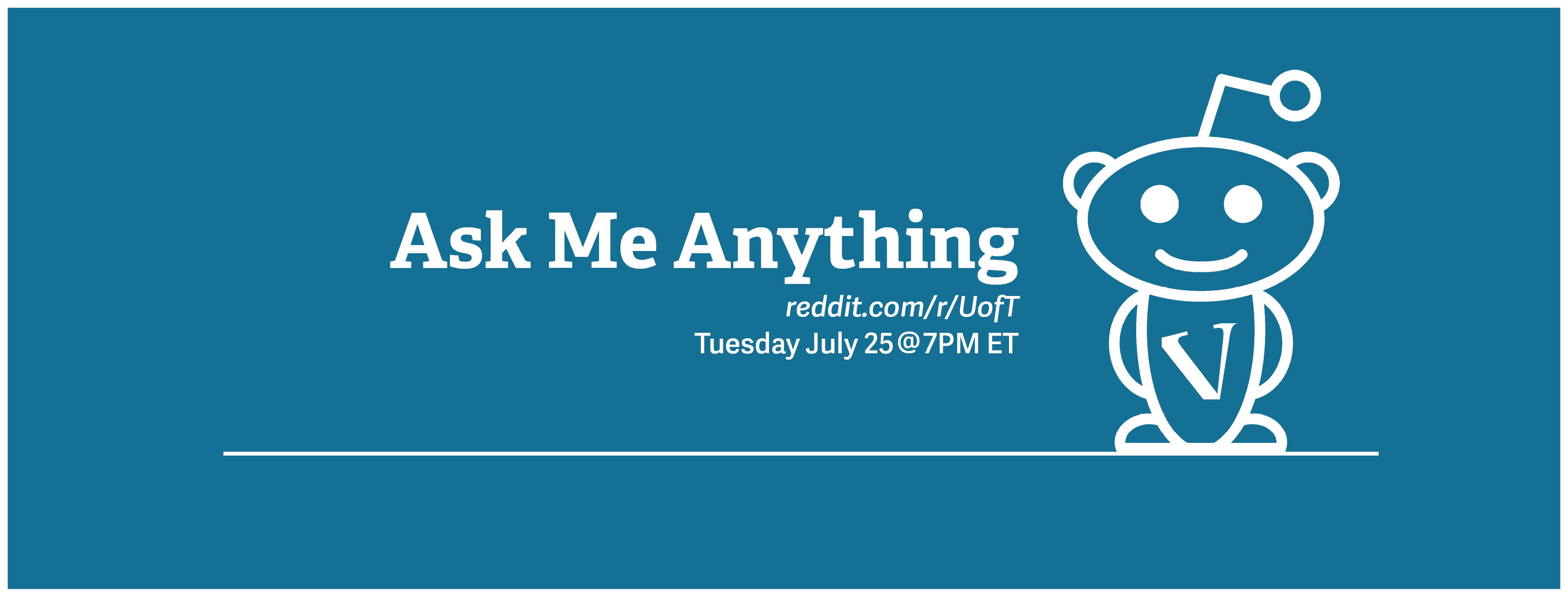[dropcap]A[/dropcap]s journalists, we spend the better part of our time asking questions. It’s an aspect of the profession that will, no matter the form or climate of the landscape in which it exists, remain a fundamental part of what we do.
Briefly, though, between the hours of 7:00 and 9:00 pm on Tuesday, July 25, we’re going to let you do the questioning.
Yes — we’re partaking in an “Ask Me Anything” on Reddit, the modern-day socratic method, or, for CNN’s Chris Cillizza last week, the mouth of the lion.
The reasoning for this initiative is fairly simple: news outlets, in their pursuit of holding higher institutions to account, should themselves remain accountable to those they serve.
As the mass distribution of media through internet forums and social media enclaves surrounds its users with an endless barrage of headlines and think-pieces, the ability to distinguish truth from fiction, bias from balance, or fair comment from ad-hominen attack becomes increasingly vital and yet increasingly difficult. The need for accountability grows with every slanted report and alternative fact that finds its way onto your Facebook newsfeed under the guise of decent journalism.
The Varsity is in a special position here, as most student newspapers are, to provide such accountability without great cost. Our mere existence on a year-to-year basis is upheld by a small fee from every full-time undergraduate student at U of T in exchange for our most responsible coverage of the most relevant news circulating campus.
We don’t just want to give you the news, though; we also want to show you how the news is made.
The Varsity is a corporation comprised of hundreds of contributors — writers, editors, photographers, videographers, illustrators, designers, and web developers — all of whom dedicate their time to the complexities of student journalism. There’s a lot going on, and there’s a lot to ask about.
Through this AMA, to be conducted on U of T’s subreddit, we want you to know how our weekly newspapers go to print; how the front page is designed and how the articles are proofread.
We want you to challenge us on that which you believe requires explanation. We know that our readers, at times, will disagree with the choices we make — our work is based on a series of judgment calls and interpretations of journalistic principles that others may understand differently — so we want you to demand justification for that with which you disagree.
Our profession, needless to say, is a cornerstone of a well-functioning democracy — a profession dedicated to shining light on injustice and to holding our governing bodies to account — but the institution is unsustainable without a shared understanding of its value and without the mutual trust of its readership.
So, with that in mind, I encourage you, the reader, to grill us on our work. Ask us the tough questions, and we’ll do our best to answer them.


